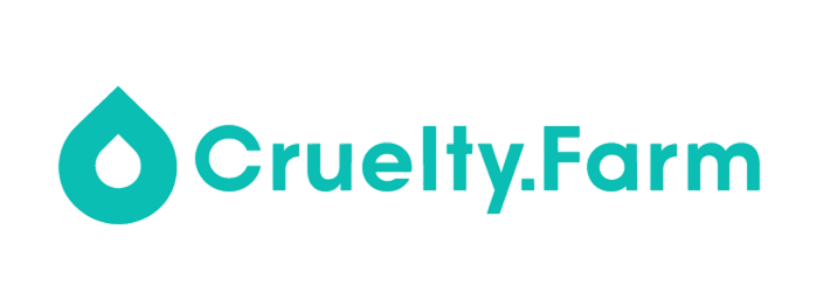Factory Farming and Animal Rights: A Moral Imperative for Ethical Treatment

Introduction:
Factory farming, also known as industrial agriculture, represents a significant challenge to the principles of animal rights and ethical treatment. In the pursuit of efficiency and profit, factory farms subject billions of animals to confinement, overcrowding, and inhumane conditions. In this article, we examine the ethical implications of Factory farming and animal rights need to address the welfare of animals raised in these systems.
Confinement and Cruelty:
Factory farming practices confine animals to small, overcrowded spaces that deprive them of the ability to engage in natural behaviors. Pigs, chickens, and cattle are crammed into cages, crates, or feedlots, where they suffer from stress, boredom, and physical discomfort. Confinement deprives animals of the freedom to move, socialize, and express their natural instincts, leading to physical and psychological distress. The inherent cruelty of these conditions violates the fundamental principles of animal rights and raises profound moral concerns about the treatment of sentient beings.
Physical and Psychological Suffering:
The intensive confinement and unnatural living conditions in factory farms inflict widespread physical and psychological suffering on animals. Many factory-farmed animals endure painful procedures such as debeaking, tail docking, and castration without anesthesia. They are also subjected to high levels of stress, fear, and anxiety, which can manifest in abnormal behaviors, aggression, and self-harm. The chronic stress and suffering experienced by animals in factory farms undermine their welfare and compromise their quality of life, highlighting the ethical imperative to address their plight.
Health Risks and Environmental Impact:
Factory farming not only raises concerns about animal welfare but also poses risks to human health and the environment. The overuse of antibiotics in livestock farming contributes to the rise of antibiotic-resistant bacteria, posing a threat to public health. Additionally, the concentration of animal waste in factory farms leads to water and air pollution, soil degradation, and greenhouse gas emissions. The environmental impact of factory farming extends beyond the farm gates, affecting ecosystems, wildlife, and communities near these operations. Addressing the ethical concerns of factory farming requires recognizing the interconnectedness of animal welfare, human health, and environmental sustainability.
Alternatives and Solutions:
Despite the challenges posed by factory farming, there are viable alternatives and solutions that prioritize animal welfare and ethical treatment. Sustainable farming practices such as pasture-based systems, rotational grazing, and agroecology offer humane alternatives to intensive confinement and promote environmental sustainability. Additionally, consumer demand for ethically produced food has led to the growth of organic, free-range, and pasture-raised products that adhere to higher welfare standards. Supporting these alternatives and advocating for policy changes that prioritize animal welfare can help transform the food system and promote a more compassionate approach to farming.
Conclusion:
Factory farming represents a fundamental challenge to the principles of animal rights and ethical treatment. The intensive confinement, cruelty, and suffering inflicted on animals in these systems raise profound moral concerns that demand urgent attention and action. By recognizing the inherent value and dignity of animals, we can uphold the principles of animal rights and promote ethical treatment in our food system. Supporting sustainable farming practices, advocating for policy changes, and choosing ethically produced food are essential steps towards creating a more compassionate and just world for animals. It's time to confront the ethical implications of factory farming and work towards a future where the welfare of animals is prioritized and respected.
- Industry
- Art
- Causes
- Crafts
- Dance
- Drinks
- Film
- Fitness
- Food
- Oyunlar
- Gardening
- Health
- Home
- Literature
- Music
- Networking
- Other
- Party
- Religion
- Shopping
- Sports
- Theater
- Wellness
- News


